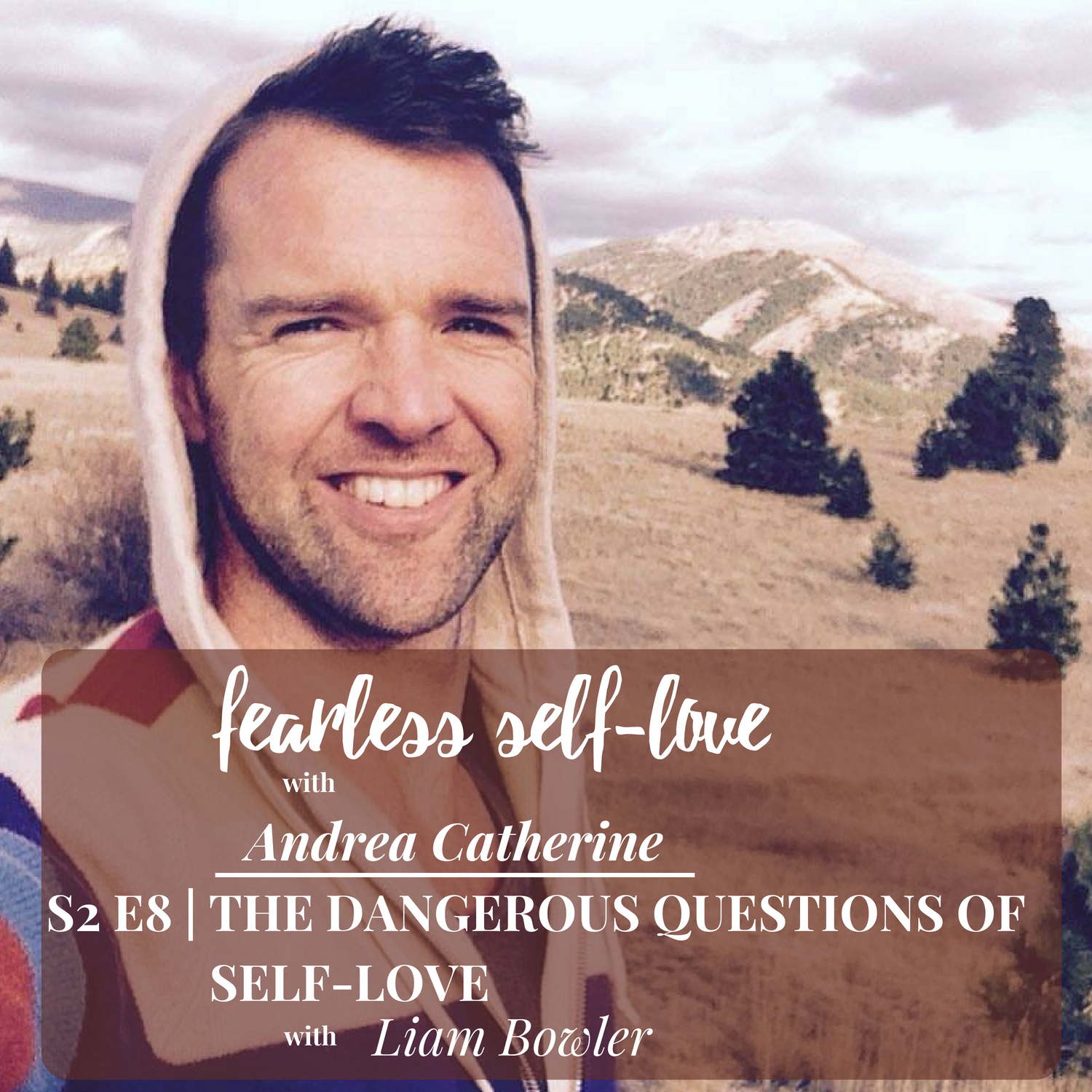A good thing to know is that more isn't necessarily better.
It may be intuitive to many of you and we can leave it at that, though if you're interested, we can talk academically: studies have been done on this. A high degree of interoception — that is, the ability to detect sensation in your body — has been correlated both with decreased pain in some studies, and also increased anxiety disorders.
The "more is better" example: people with low back pain tended to be worse at detecting sensations provoked by a stimulus — think a light pin prick, or the brush of a hand — and their pain lessened as they got better at detecting such signals, though training (mostly, the training of attention to feel what's actually there).
The "more isn't better" example: people who can detect their heartbeats — which is in interoceptive research a bit of a gold standard of subtle interoceptive ability — tend to be more prone to anxiety.
So, what are we left with?
I propose:
1. Interoception, or embodiment, is a multi-layered affair. When we say "I can (or can't) sense my body" we really mean "I can (or can't) sense particular aspects of my body." It's not a uniplanar skill you get better at; it's a variety of tastes in a much bigger dish.
2. Consider taking part in a movement practice that pushes your edges a little bit. If you identify as not being very body aware and, say, you have low back pain, research seems to point that doing a practice like yoga as a means to feel your body is helpful. Note the italicized bit. Stretching is a means to obtain a much bigger prize here.
And similarly, if you have lots of subtle awarenesses going on, you might consider a practice with some more density, reaction, speed, as a supplement to your natural constitution. The point isn't to try to be someone else, of course, but to bask in a kind of grounding that can arise from exteroceptive foci — that is, the focus on stuff outside of yourself, which adding weight and speed, for example, tend to naturally elicit.
3. Let your felt sense of your body, however unaware or exquisitely tuned, be an entry point into the unknown. And not The Unknown as some spiritual concept, but like really: what in your body is unknown as a felt sense? your attention there may have a healing affect. The koan "what am I not feeling?" — and listening for an answer arising as a feeling-knowing, rather than as a thought and certainly not rushing it, as there you are sure to bring in what you already know to seemingly aid in answer — may be a helpful pointer here.
4. Lastly: perhaps anxiety is less of a disorder as in "something's wrong," and more "you're aware that something is wrong." Lord knows our planet is a wild place to live; if you were a caged animal and had more awareness of that, of course you'd be anxious!
And that said ... certainly we all have different paths and dharmas. So we can be thankful not everyone in the metaphorical cage has the same awareness.
We all have our dance to dance; may we dance it all the way through, to its unique completion. Oh and, of course, the score of the dance is being improvised ;)


